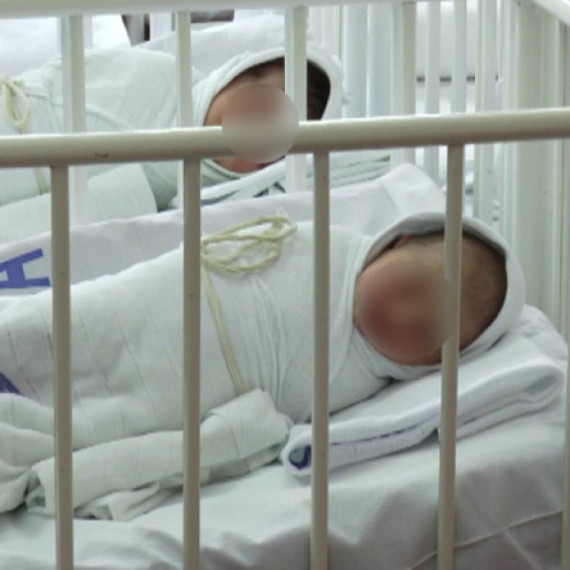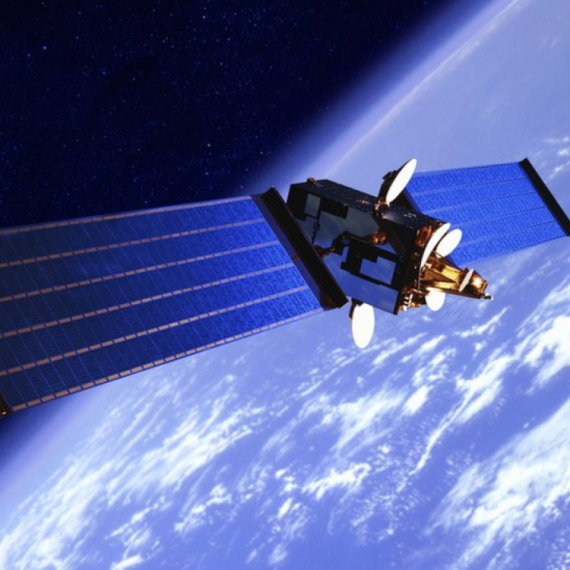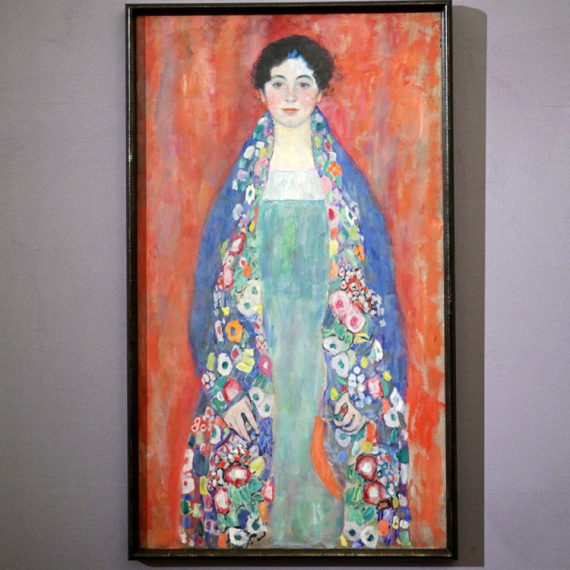Kosovo is no state, says state secretary
Ministry for Kosovo State Secretary Oliver Ivanović today commented on the <a href="http://www.b92.net/eng/news/politics-article.php?yyyy=2011&mm=02&dd=17&nav_id=72772" class="text-link" target= "_blank">third anniversary of the Kosovo Albanian UDI</a>.
Thursday, 17.02.2011.
18:25

Ministry for Kosovo State Secretary Oliver Ivanovic today commented on the third anniversary of the Kosovo Albanian UDI. Kosovo is not a state, and as far as Serbia's concerned, it never will be, he told Radio KIM. Kosovo is no state, says state secretary Three years on, the status of Kosovo remains unresolved and "it cannot be stable until Serbia accepts it", said he. "Kosovo's Albanians live in some virtual world and neglect a very important element, and that is that they continue to create and incite political instability in Kosovo, and in the region," Ivanovic was quoted as saying. "(Ethnic) Albanians cannot strengthen their institutions and cannot deal with crime and corruption precisely because they are continuously occupying their virtual world of proving their independence," the Ministry for Kosovo official believes. As for Belgrade's work and results regarding the issue in the past three years, Ivanovic said "it was true success" that insistence on negotiations produced results. "Political stability cannot be created in any other way except through negotiations that would produce answers to practical issues," said he. Another success of the Serbian policy, according to Ivanovic, was to stem the tide of recognitions of Kosovo. "One of the goals was to bring them to a halt, after the wave of recognitions that came at the very beginning, mostly under pressure from the United States," he noted. "Many (countries) are probably thinking they made a mistake, which surely won't lead to their withdrawal of recognitions, but in any case halting further recognitions is something that gives us a chance to think with cool heads and look for a solution," he told the radio station. Ivanovic today also spoke for the Tanjug news agency to say that "the situation has calmed in the last three years, but that it still cannot be called stable." He stressed that the current situation "does not leave enough room for hope for the future, and the constant political instability prevents institutions from combating corruption and organized crime." Ivanovic said that Serbs "still feel extremely threatened", and assessed that upcoming talks between Belgrade and Pristina should yield some solutions that will improve daily life. Meanwhile, northern Kosovo-based President of the Assembly of the Community of Kosovo Municipalities Marko Jaksic said that the past three years have shown that Kosovo cannot survive as an independent state. "We see today that Kosovo cannot survive as an independent country, it is isolated island that has no access anywhere, and for that reason the EU is insisting on the talks. This means they care about improving the life of the Albanians, and not the Serbs, because if they cared about the Serbs, they would at least bring back the 200,000 displaced persons," Jaksic told Tanjug. Oliver Ivanovic (Beta, file)
Kosovo is no state, says state secretary
Three years on, the status of Kosovo remains unresolved and "it cannot be stable until Serbia accepts it", said he."Kosovo's Albanians live in some virtual world and neglect a very important element, and that is that they continue to create and incite political instability in Kosovo, and in the region," Ivanović was quoted as saying.
"(Ethnic) Albanians cannot strengthen their institutions and cannot deal with crime and corruption precisely because they are continuously occupying their virtual world of proving their independence," the Ministry for Kosovo official believes.
As for Belgrade's work and results regarding the issue in the past three years, Ivanović said "it was true success" that insistence on negotiations produced results.
"Political stability cannot be created in any other way except through negotiations that would produce answers to practical issues," said he.
Another success of the Serbian policy, according to Ivanović, was to stem the tide of recognitions of Kosovo.
"One of the goals was to bring them to a halt, after the wave of recognitions that came at the very beginning, mostly under pressure from the United States," he noted.
"Many (countries) are probably thinking they made a mistake, which surely won't lead to their withdrawal of recognitions, but in any case halting further recognitions is something that gives us a chance to think with cool heads and look for a solution," he told the radio station.
Ivanović today also spoke for the Tanjug news agency to say that "the situation has calmed in the last three years, but that it still cannot be called stable."
He stressed that the current situation "does not leave enough room for hope for the future, and the constant political instability prevents institutions from combating corruption and organized crime."
Ivanović said that Serbs "still feel extremely threatened", and assessed that upcoming talks between Belgrade and Priština should yield some solutions that will improve daily life.
Meanwhile, northern Kosovo-based President of the Assembly of the Community of Kosovo Municipalities Marko Jakšič said that the past three years have shown that Kosovo cannot survive as an independent state.
"We see today that Kosovo cannot survive as an independent country, it is isolated island that has no access anywhere, and for that reason the EU is insisting on the talks. This means they care about improving the life of the Albanians, and not the Serbs, because if they cared about the Serbs, they would at least bring back the 200,000 displaced persons," Jakšič told Tanjug.




































Komentari 22
Pogledaj komentare